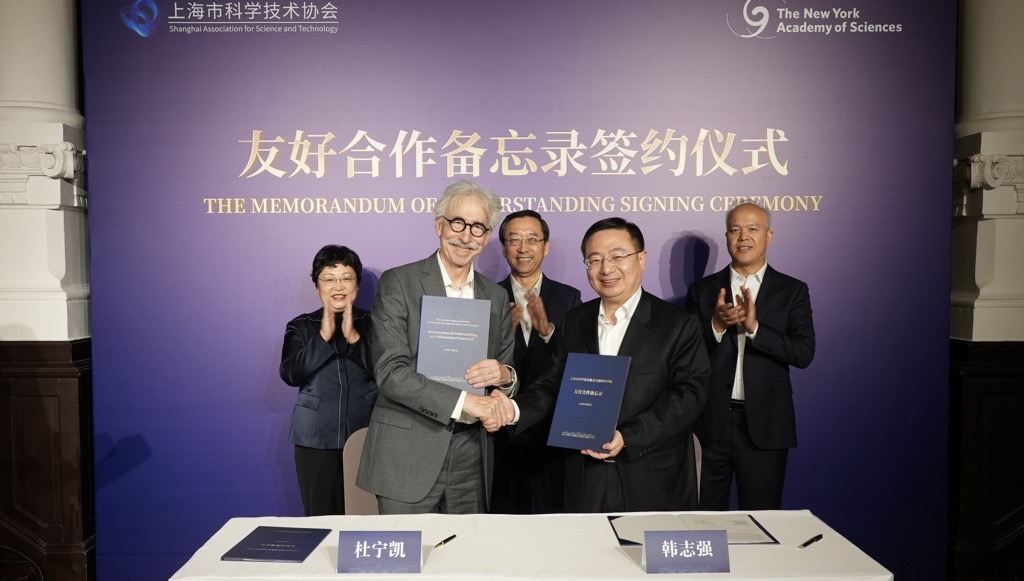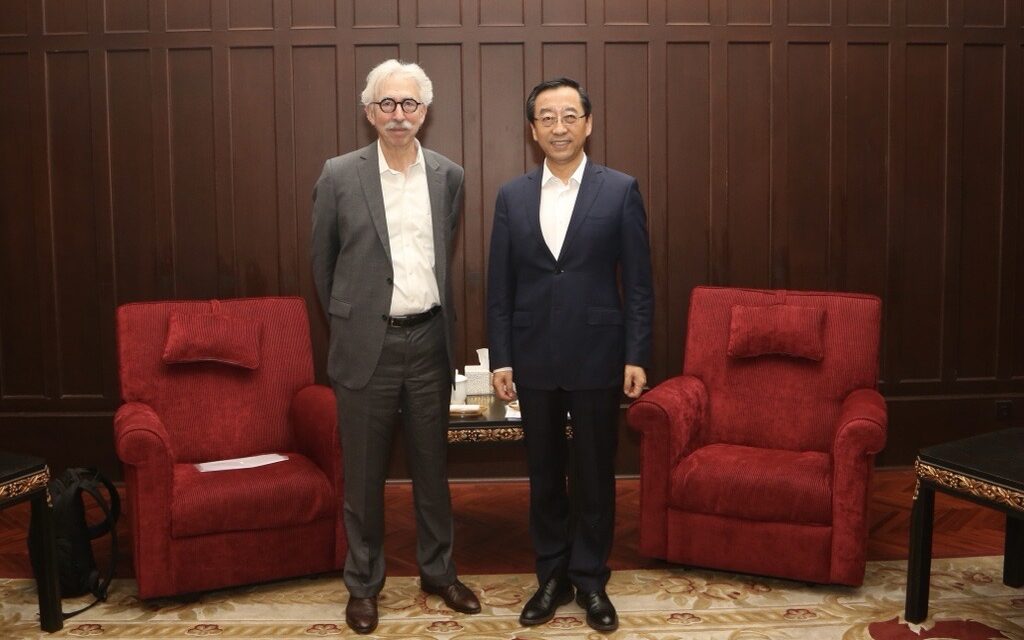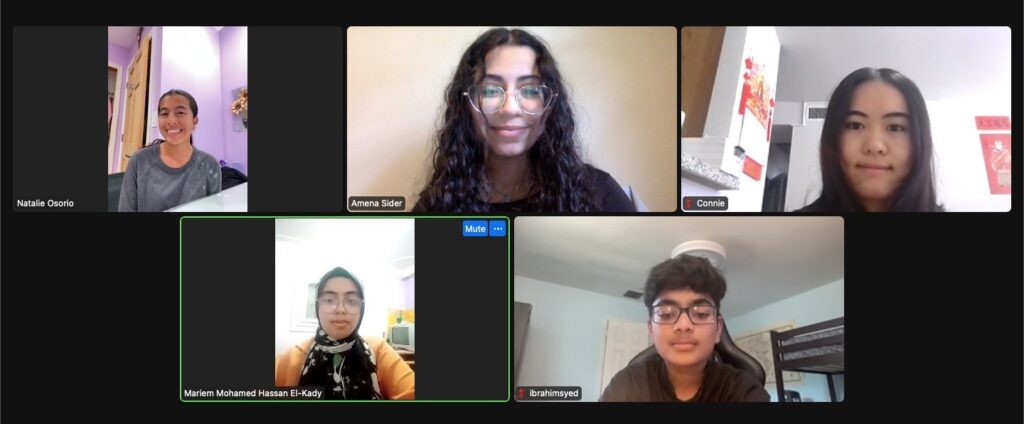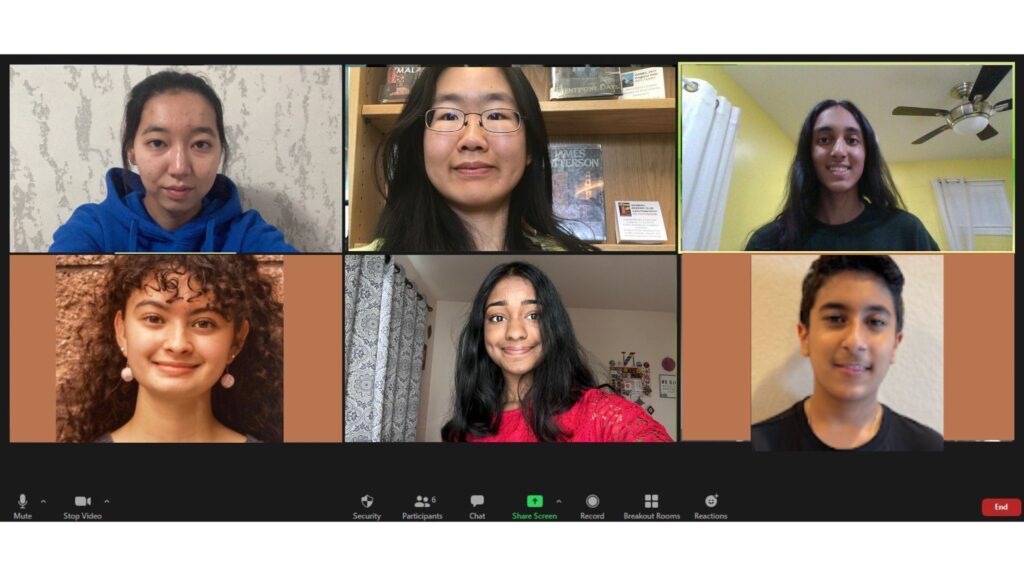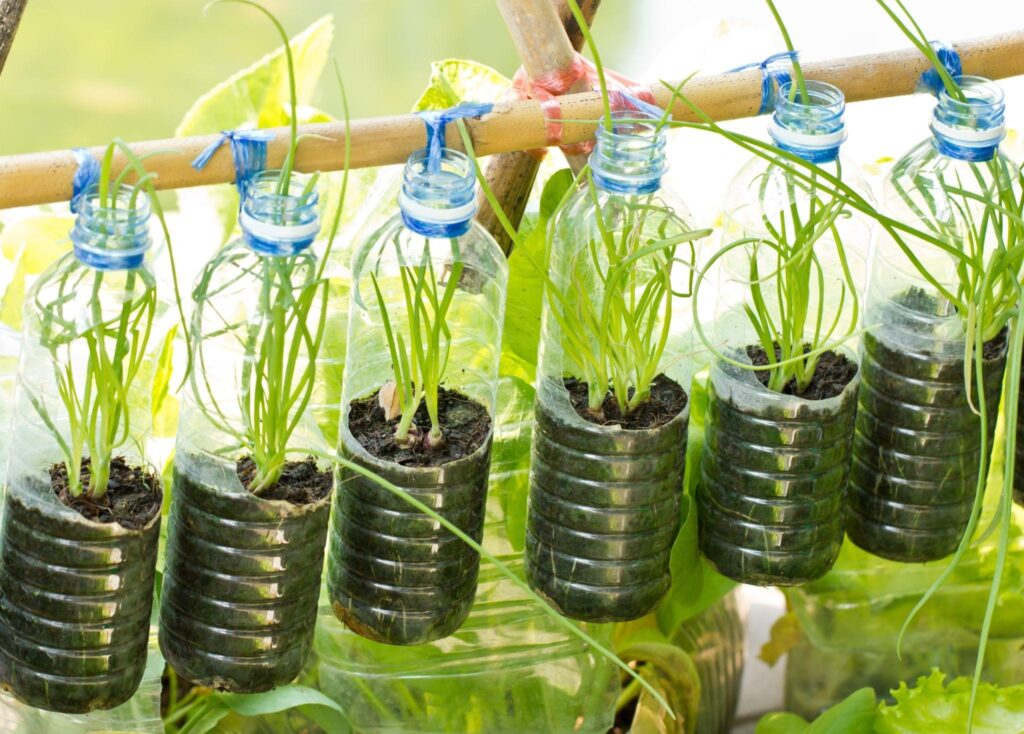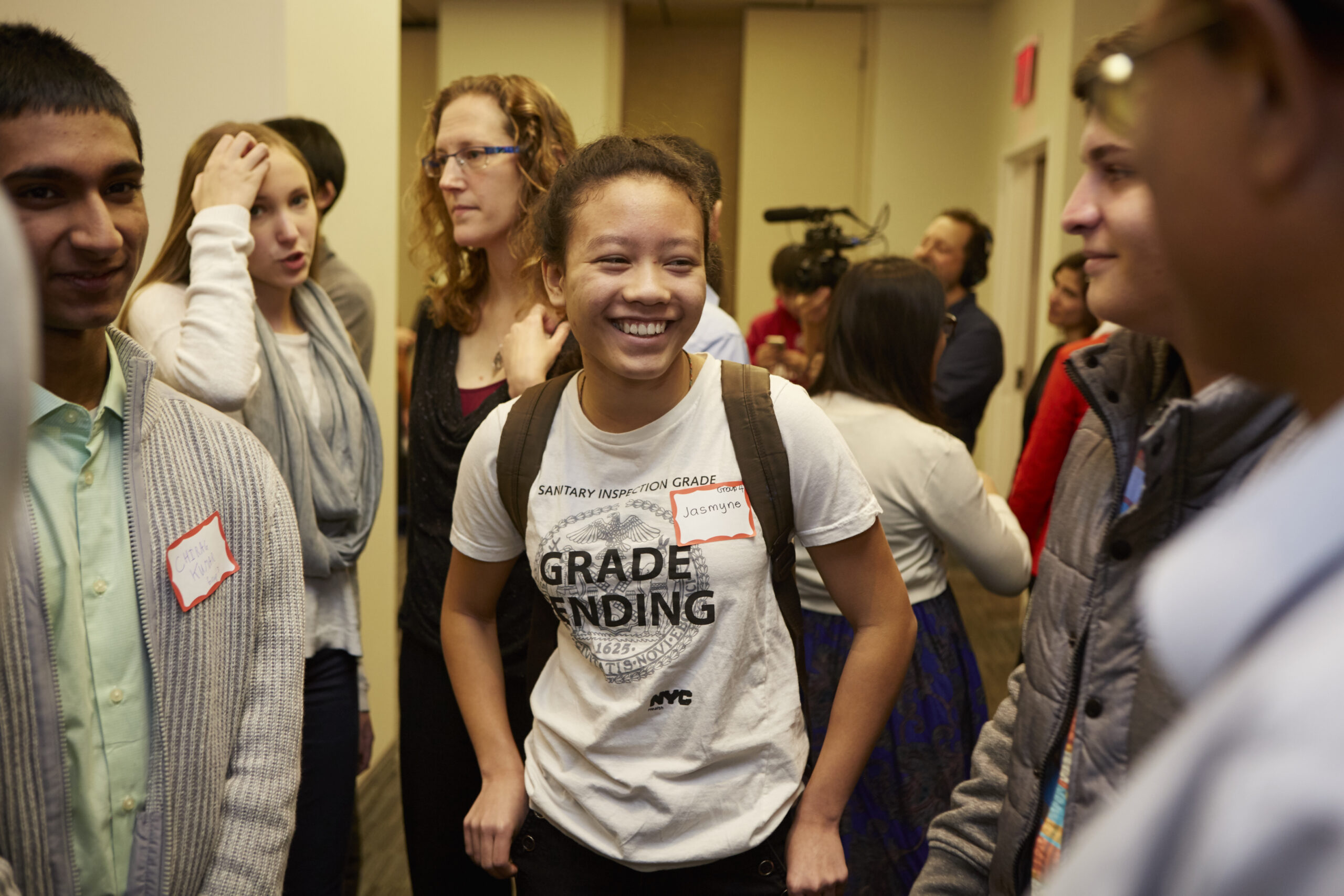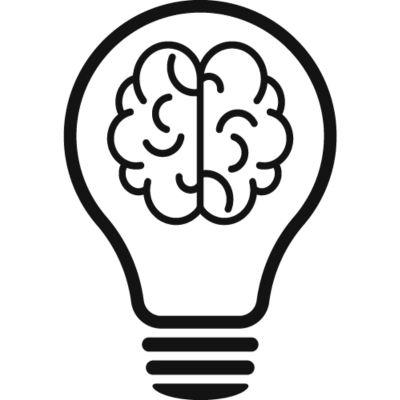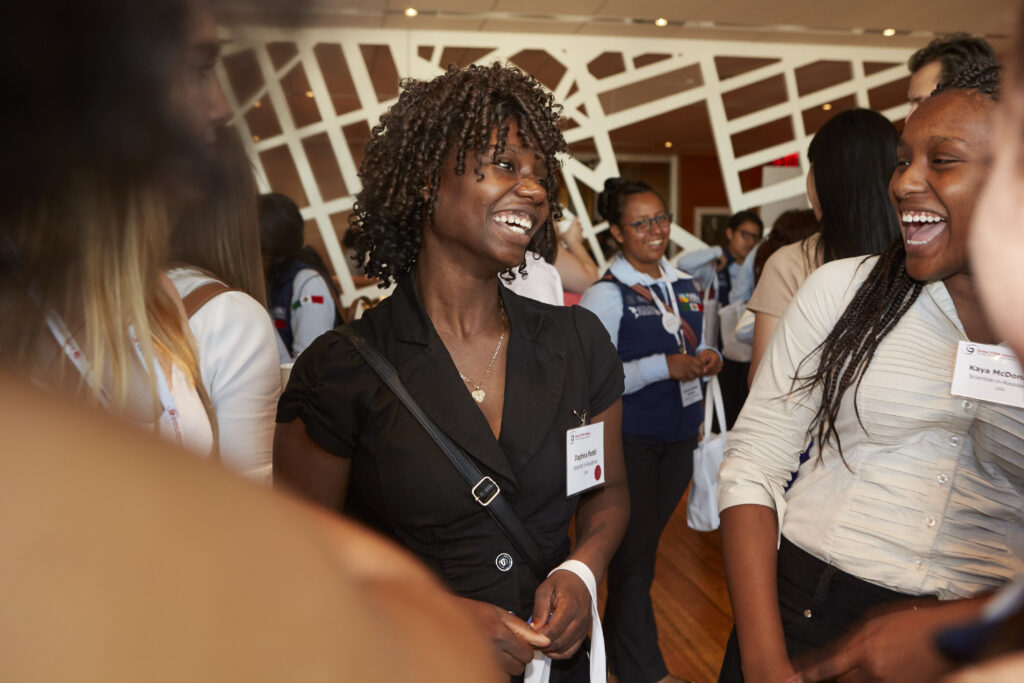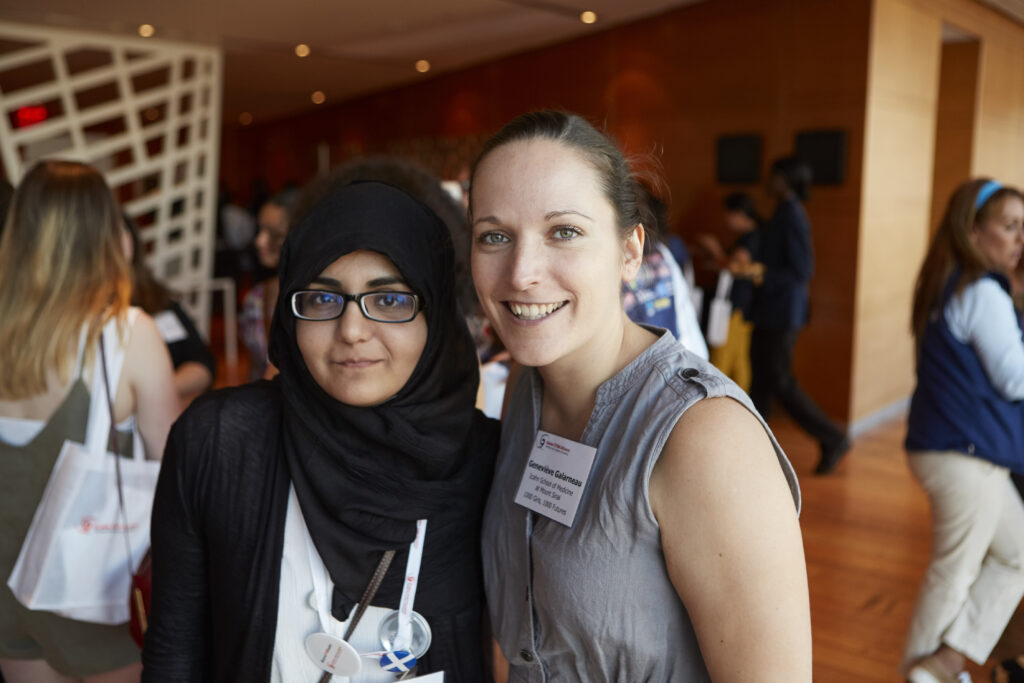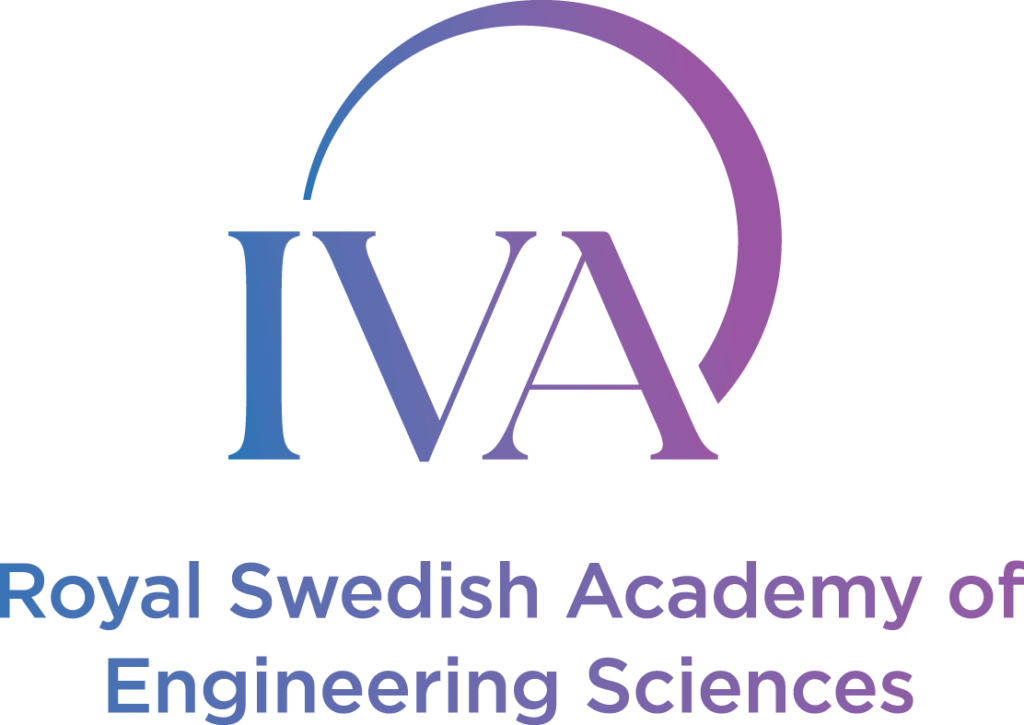
Rising young stars in science are celebrated for their innovative ideas in artificial intelligence and sustainability applications.
By Kaitlin Green, Senior Program Manager, Education
Published July 11, 2024
The New York Academy of Sciences’ Junior Academy celebrated the hard work and dedication of students from the 2023-24 academic year on June 27th, 2024, during the annual Virtual Student Symposia.
More than 80 students, mentors, coaches, sponsors and partners, in 29 countries, were invited to celebrate a successful year of innovation. Meghan Groome, PhD, Senior Vice President of Education at the Academy, opened the proceedings with an inspiring address.
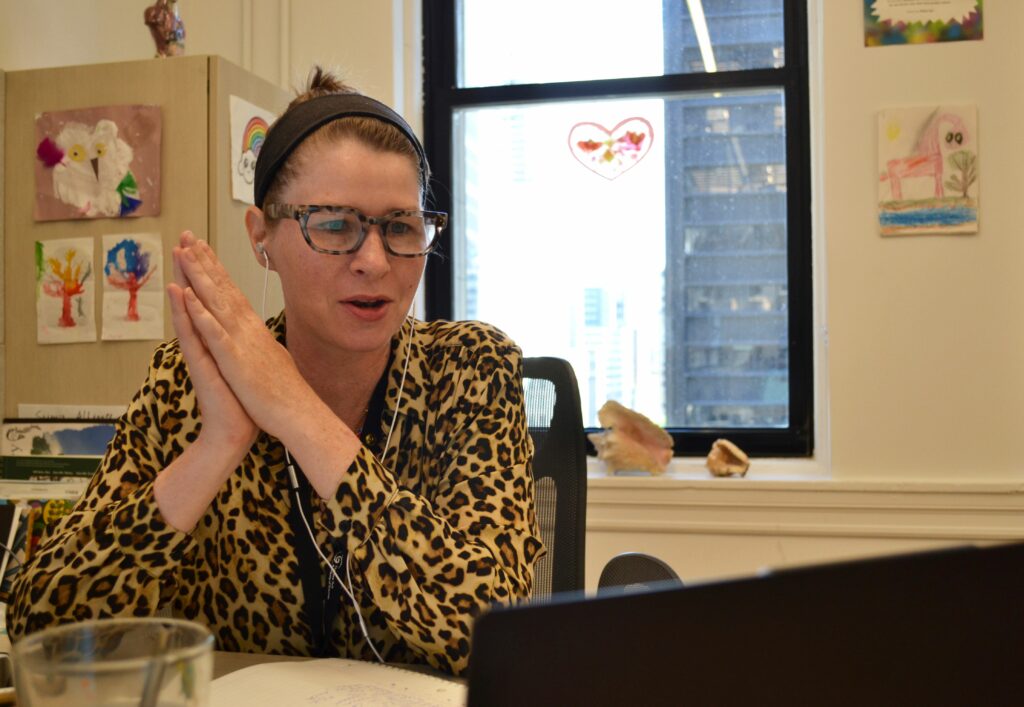
“The Junior Academy was formed to provide a pathway for students and scientist mentors to begin a journey together – to do research together. As you give your first scientific talks today at The Academy, know that we’re so proud of your game changing research.” she said, reflecting on its history.
The strong bond between working scientists and students provides insights into the real-world scientific workplace to ensure a future pipeline of qualified STEM professionals.
“Science is about working together – working across differences, and we know that diversity drives innovation,” Dr. Groome concluded.
The Junior Academy proudly embodies that scientific diversity and creativity, which is evidenced by the creative solutions proposed by this year’s winners. The projects were judged on their overall presentation quality, scientific quality, innovation and design thinking, sustainability, potential, and collaboration.
The Winning Ideas
In order to hone their presentation skills, winning teams work with a communication coach to shape their presentations into five-minute informational speeches. As a result, the students delivered succinct team research project summaries.
Team: AI4Access: Redefining Accessible Classrooms
In the Cognitive Classrooms Challenge students were asked to consider potential applications of artificial intelligence (AI) and virtual reality/augmented reality (VR/AR) towards creating a more inclusive, equitable, and efficient classroom environment. The six person AI4Access team from Qatar, India and the United States developed a tool that not only enriched the students’ education towards achieving an individualized learning experience, but also improved the workload and efficiency of the educator in maintaining a harmonious and well-managed environment where everyone can thrive. Mentor: Aryan C.
Team: Destination: Green
In the Green Homes, Green Schools, Green Communities Challenge, students were given the opportunity to think critically about environmental challenges that impact their lives and what they could do to improve those challenges. As a result, the six person Green team from Poland, Slovakia, Kazakhstan, Ukraine, and Tunisia designed a solution to enhance access and education to sustainable farming practices. Their solution can be applied both to large-scale and at-home farming practices, making it an excellent solution to improve environmental problems at all levels of a community. Mentor: Adeola A.
Team: MINnovators
Students were tasked with designing an innovative approach to secure the supply of critical minerals in the transition to a fossil-free society in the Minerals of Technology Challenge. The six person MINnovators team from India and the United States researched the feasibility of using asteroid mining to reduce carbon emissions. Their solution has the potential to support a more environmentally sustainable ecosystem when compared to conventional mining practices. Mentor: Ilayda G.
Team: VisionXcelerate
In the spring Wearables Challenge, students were required to design or employ a wearable technology, or network of wearables, that can be utilized to address either public health issues surrounding non-communicable diseases or natural or manmade disaster response. The six person VisionXcelerate team from the United States and India focused on helping individuals with dementia by developing a pair of smart glasses integrated with AI and AR technologies to assist with daily tasks such as medication reminders and person recognition, along with fall detection systems and GPS tracking to assist caretakers.
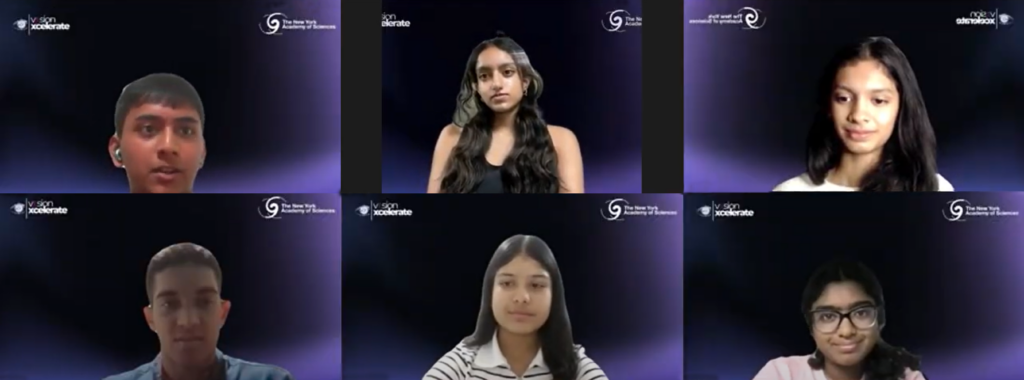
Team: EcoFashion
Students in the Circular Textiles challenge were tasked with choosing one aspect of the “take-make-waste” textile supply chain, and to design an innovative adaptation to fit the circular textile model. The six person EcoFashion team from India, Colombia, Ukraine, Kazakhstan, and the United States developed an innovative approach to the Circular Textile model by developing a synthetic cellulose fiber using agricultural waste, sustainable color dye methods, and an app to educate users on sustainable fashion practices. Mentor: Xanthhi C.
Each team presentation was followed up by an audience Q&A.
The Immeasurable Impact of Mentors
What sets the Junior Academy apart from similar STEM education programs are the international professionals, graduate students, PhD candidates, and postdocs who understand the importance of mentorship and offer their time and expertise to the program. This year’s event included two distinguished mentors: Tomaz Maria Suller and Katherine Wert, PhD.
Tomaz joined the Junior Academy as a secondary student in 2018, participating in many challenges on the online platform Launchpad. He earned his bachelor’s in computer engineering at Poli-USP in Brazil and is currently pursuing a master’s in computer science and engineering at Politecnico di Milano in Italy. He became a Junior Academy mentor in the winter of 2023, advising five teams in four challenges. One of his teams, ZynoFiber, was recognized as a finalist in the Spring 2024 Circular Textiles challenge.
“Why are we here today?” Tomaz asked, reflecting on his time as both a Junior Academy student and now as a mentor. “We want to create a community of engineers, scientists, and innovators who will shape our future – and shape our present.”
Dr. Katherine Wert discovered the impactful mentoring opportunities at the Academy in 2012 during her time as a PhD student at Columbia University. She joined the Junior Academy in 2016 as one of the first cohorts of mentors onto Launchpad and has since mentored over 25 teams.
“I love that this program works hard to include anyone who has a true motivation toward STEM and does not simply focus on their global location or what resources they’ve had available to them,” Dr. Wert said.
Dr. Wert ended her address by advising both students and mentors to take advantage of the Junior Academy community, emphasizing the importance of communication and networking.

“You never know when someone’s crazy idea will mesh with others. The most successful teams I’ve worked with let everyone’s voices be heard – even the most out-of-the-box ideas. You are part of a very special and unique community of passionate STEM professionals and peers,” she said.
Looking Forward
As the 2023-24 academic year ends, Dr. Groome and the Education Team expressed their pride in this incredible community of innovators. They recognize that support for these programs is made possible because of the Academy’s generous partners and sponsors. These supporters’ belief in our mission of “science for the public good” ensures the Junior Academy opportunity is free for all students.
“To our mentors, your support, volunteerism, and deep understanding of the importance of STEM role models in our global community is unmatched. Thank you,” said Dr. Groome. “The Junior Academy students never cease to amaze us with their creativity, innovation, and willingness to connect with peers from around the world. Together, we create a truly special and welcoming environment. Cheers to a fantastic year.”
